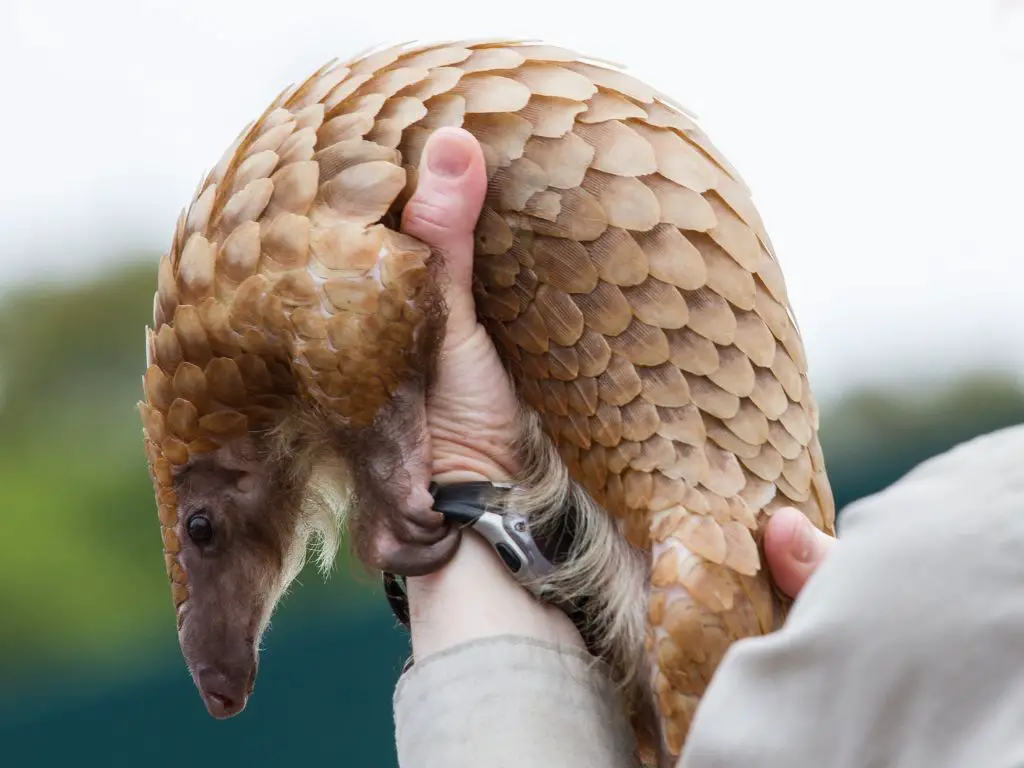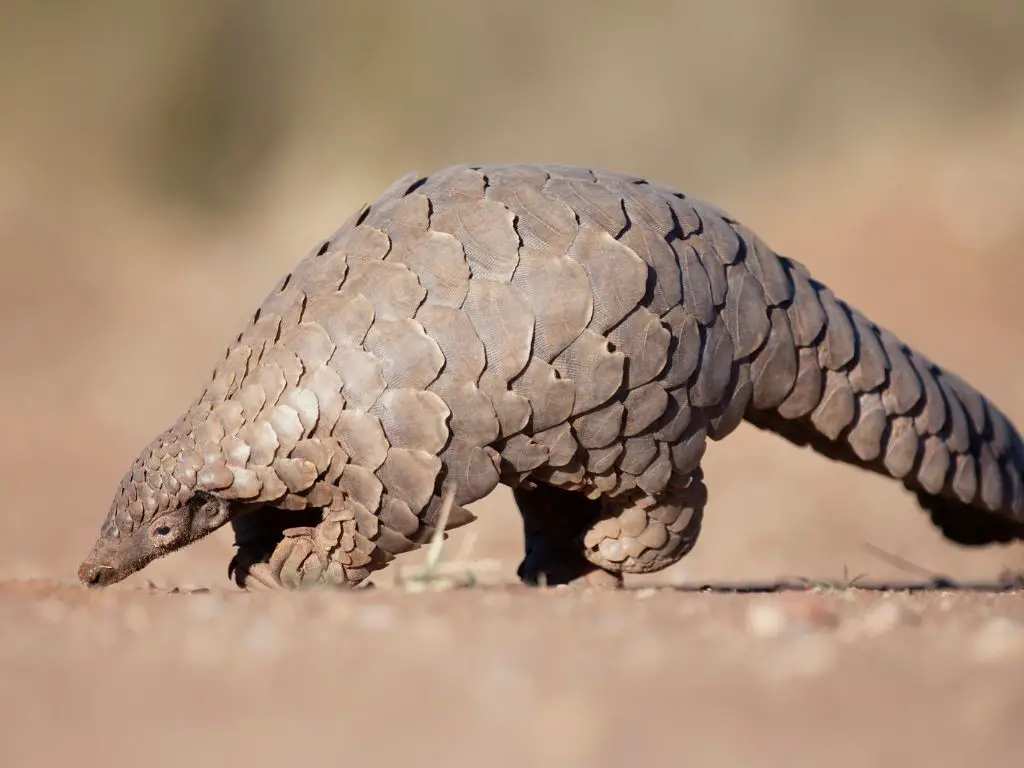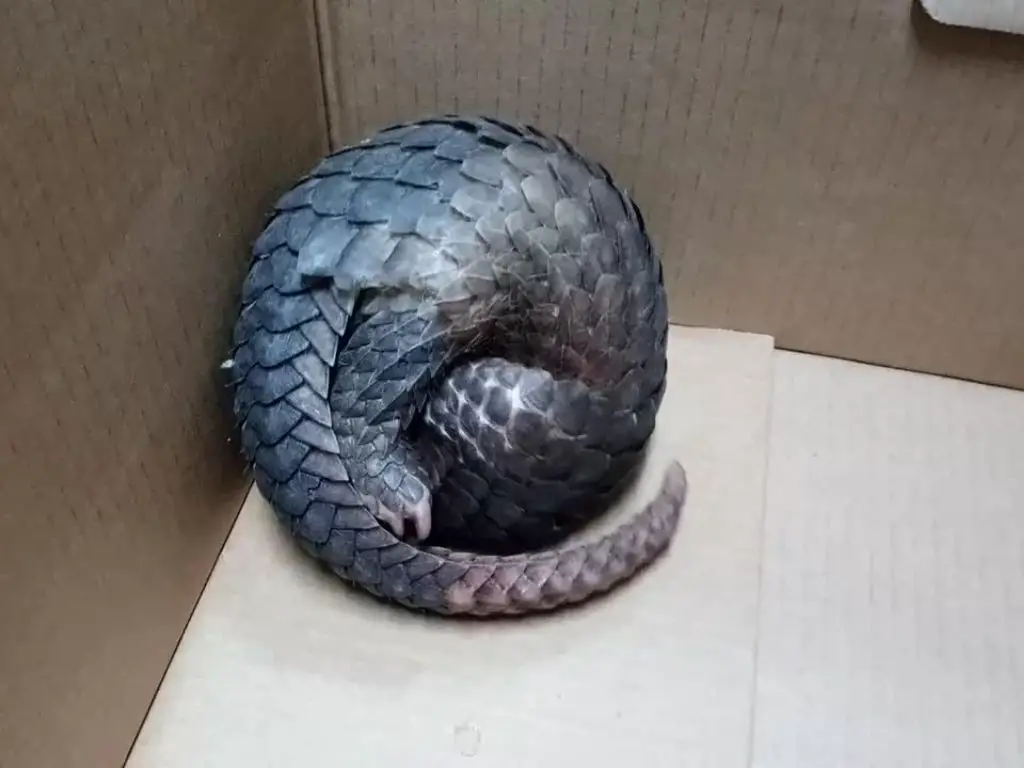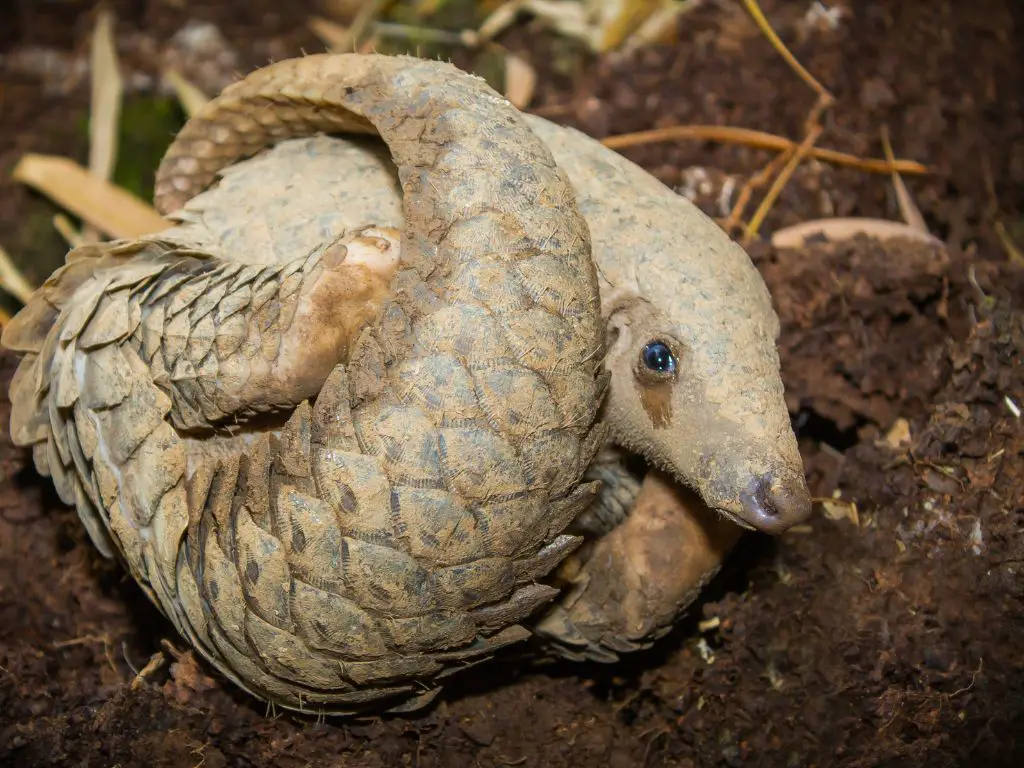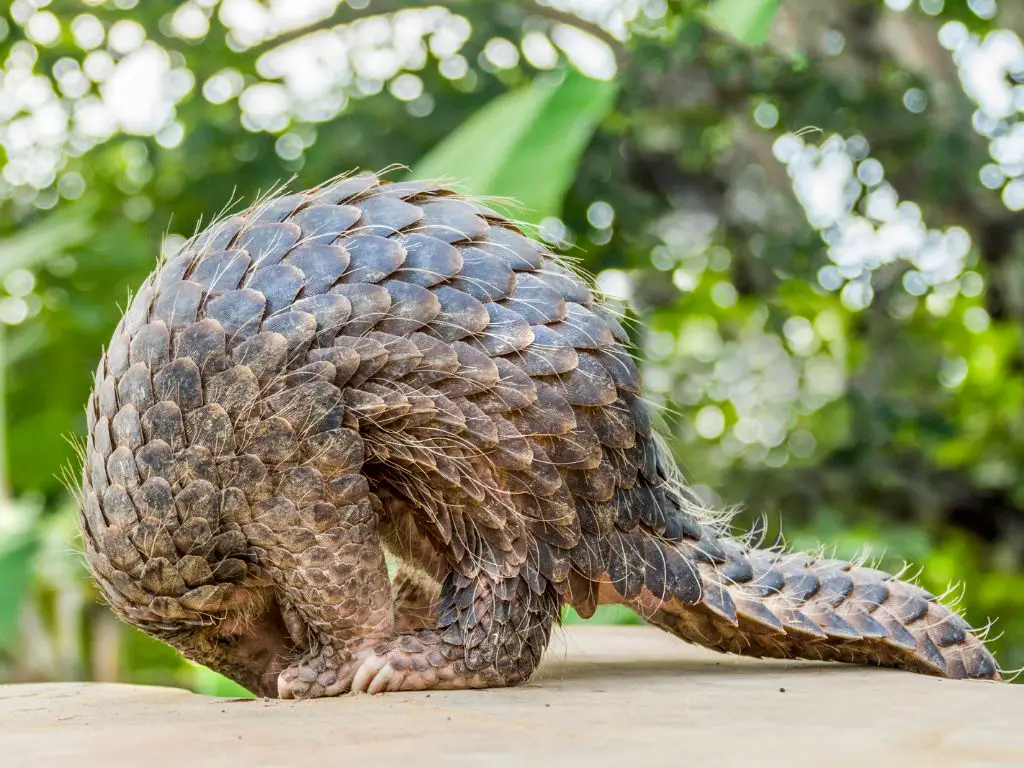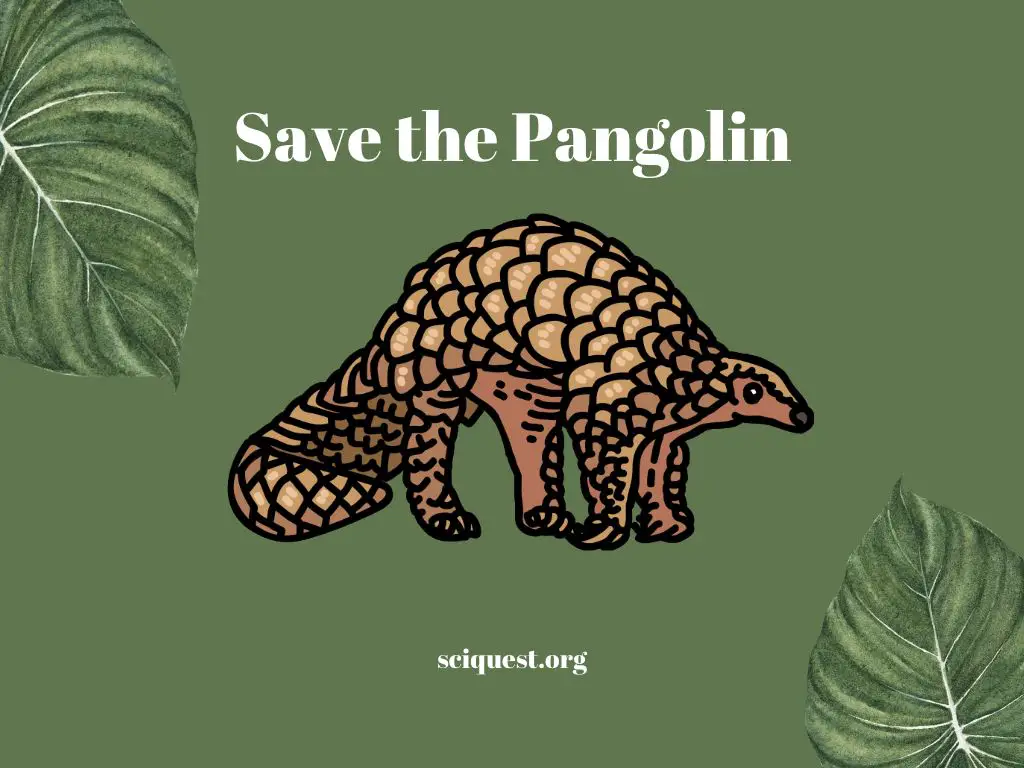Pangolins are mysterious and shy creatures that have long captured the imagination of animal lovers around the world. But did you know that they are also the most trafficked animal on our planet? Why are these innocent creatures suffering so much at the hands of humans? In this article, we’ll explore the heartbreaking reasons behind the illegal trade of pangolins, as well as the steps being taken to protect these incredible animals.
What are pangolins?
Physical characteristics
Pangolins are small, nocturnal mammals covered in tough, overlapping scales made of keratin, the same protein found in human hair and nails. These remarkable creatures have a long snout, a sticky tongue to catch insects, and sharp claws for digging.
Natural habitat
There are eight species of pangolins, four in Asia and four in Africa, each with its own unique habitat. They can be found in forests, savannahs, and grasslands, often residing in burrows or tree hollows.
Behavior and diet
Pangolins are primarily insectivores, feeding on ants and termites. They use their strong sense of smell to locate their prey and their sticky tongues to extract them from nests. These solitary animals are generally shy, preferring to curl up into a ball when threatened.
Why are Pangolins the Most Trafficked Animal in the World?
The illegal pangolin trade
Reasons for trafficking
Despite their shy nature, pangolins have become the unfortunate target of illegal wildlife trafficking. The primary driving factors behind this cruel trade are the high demand for their scales and meat, which are sought after for various purposes.
The market for pangolins
The market for pangolins is vast, with demand coming from various countries, primarily in Asia. The illegal trade is estimated to be worth millions of dollars each year, resulting in the capture and sale of tens of thousands of these helpless creatures.
Consequences for the species
The illegal trade in pangolins is having devastating consequences for their populations. All eight species are now listed as threatened under the IUCN Red List, with some facing the very real risk of extinction in the near future.
Demand for pangolin scales
Traditional medicine
One of the main reasons behind the high demand for pangolin scales is their use in traditional medicine, particularly in China and Vietnam. Practitioners believe the scales can cure various ailments, despite no scientific evidence supporting these claims.
Fashion and jewelry
Pangolin scales are also used to make fashion accessories and jewelry. These items are seen as status symbols, driving the demand for these unique and rare products, which only adds to the plight of the pangolins.
Demand for pangolin meat
Delicacy and status symbol
Pangolin meat is considered a delicacy in some cultures, particularly in parts of Asia. It is often served at exclusive restaurants and private gatherings, where it is seen as a status symbol. The consumption of this rare and exotic meat only serves to fuel the illegal trade, putting pangolins at even greater risk.
Bushmeat
In some African countries, pangolins are hunted for bushmeat, contributing to their declining populations. As habitats are destroyed and traditional food sources become scarcer, more people turn to wildlife like pangolins to meet their dietary needs.
Conservation efforts
International regulations
The international community has recognized the critical situation facing pangolins and has taken steps to protect them. In 2016, all eight species were granted protection under the Convention on International Trade in Endangered Species (CITES), effectively banning the commercial trade of pangolins and their parts.
National efforts
Many countries have also implemented national laws to protect pangolins, including harsh penalties for those caught trafficking them. Despite these efforts, illegal trade and poaching continue, driven by the persistent demand for pangolin products.
Community initiatives
Grassroots organizations and local communities are working tirelessly to protect pangolins and their habitats. These groups engage in education, habitat restoration, and the establishment of wildlife sanctuaries to provide safe havens for these vulnerable creatures.
How you can help
Raising awareness
One of the most powerful ways to help protect pangolins is by raising awareness about their plight. Share information about the illegal pangolin trade with your friends and family, and encourage others to do the same.
Supporting conservation organizations
Numerous organizations are dedicated to the conservation of pangolins. By donating to these groups or volunteering your time, you can directly contribute to their efforts to save these magnificent animals.
Ethical consumption choices
Finally, be mindful of the products you purchase. Avoid buying items made from pangolin scales or meat, and encourage others to make ethical choices as well.
FAQs
- What is the main reason for pangolin trafficking?
The primary reasons for pangolin trafficking are the high demand for their scales, which are used in traditional medicine and fashion, and their meat, which is considered a delicacy and status symbol. - Are pangolins endangered?
All eight species of pangolins are listed as threatened under the IUCN Red List, with some facing the risk of extinction due to illegal trafficking and habitat loss. - What can I do to help pangolins?
You can help by raising awareness about the illegal trade, supporting conservation organizations, and making ethical consumption choices that do not support the trafficking of pangolins. - What is being done to protect pangolins?
International regulations, national laws, and community initiatives are in place to protect pangolins. However, more needs to be done to curb the demand for pangolin products and to ensure their survival. - Why should we care about pangolins?
Pangolins play a vital role in their ecosystems by controlling insect populations. Additionally, their unique characteristics make them a fascinating and important part of our planet’s biodiversity. Losing them to extinction would be a tragic loss for both nature and

